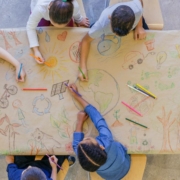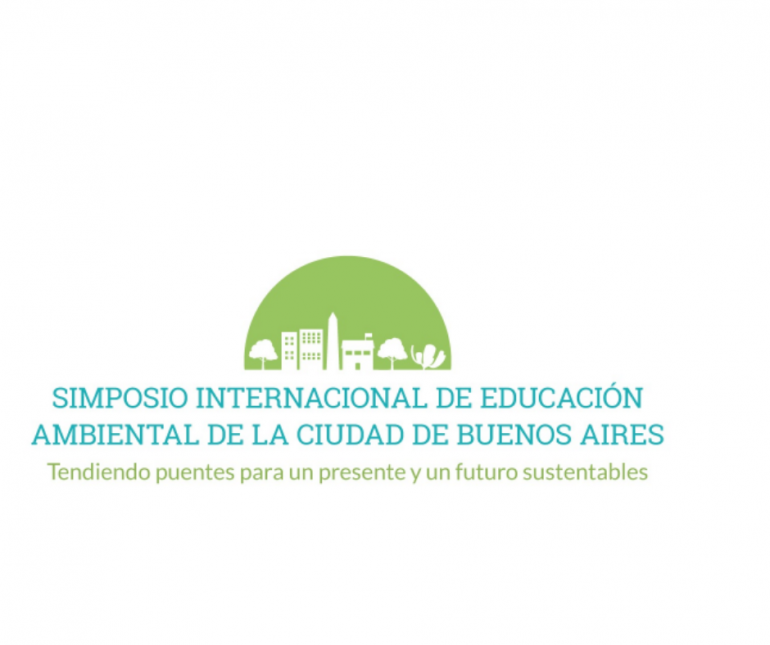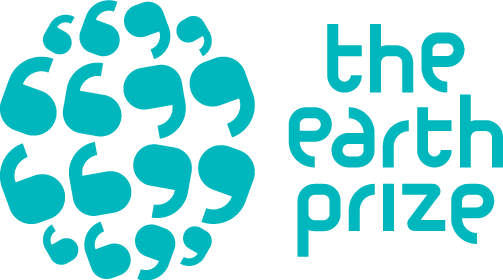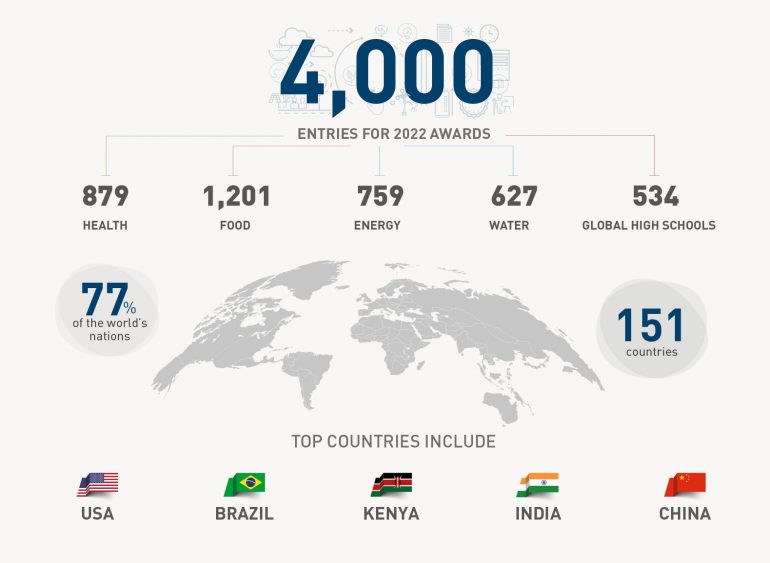Centre International Hassan II de Formation à l’Environnement joins the #8thWEED
World environmental education day is celebrated on October 14, 2024. This international initiative, established by the WEEC Network, aims to raise awareness about environmental issues through education. The day emphasizes the vital role of education in preparing new generations to tackle the challenges of climate change and sustainability, engaging teachers, students, policymakers, and citizens. This year marks the eighth edition of this important day.
The importance of educators
While World environmental education day targets everyone, teachers play a central role. As role models and guides, they are essential in passing on knowledge and values related to environmental protection. They are not just conveyors of information; they also inspire responsible behavior, shaping citizens who are aware of ecological challenges.
To enhance this role, a conference will be held on October 14 at the Centre International Hassan II
de Formation à l’Environnement, available in a hybrid format. The main goal is to equip teachers with tools and teaching methods to integrate the Sustainable Development Goals (SDGs) into their curricula, regardless of the subjects they teach. Experts in environmental education and sustainability will lead the event, offering practical and interactive activities designed to boost educators’ skills and encourage their students’ active participation in eco-friendly practices.
Objectives of the day
The conference has three key objectives:
- Enhance educators’ skills in environmental education: Provide practical tools to incorporate environmental issues into every subject, even for those without specific training in ecology.
- Facilitate the integration of SDGs into school curricula: Assist teachers in developing educational projects related to the SDGs that are relevant to their classes, fostering an eco-responsible culture among students.
- Build a community of practice among educators: Encourage the sharing of experiences and best practices among teachers from diverse backgrounds, enabling them to collaborate on sustainable initiatives in their schools.
Expected outcomes
The training day aims for tangible results:
- Improved teacher capacity to address environmental issues: Participants will learn how to effectively integrate the SDGs into their curricula and engage students actively.
- Concrete educational projects: Each teacher will be able to develop a project for implementation in the classroom, such as creating a school garden, establishing a recycling program, or organizing environmental awareness days.
- Increased student involvement in environmental actions: Through interactive teaching methods, students will be motivated to participate in eco-sustainable initiatives within their schools.
The role of teachers
Teachers are crucial in raising awareness among new generations about environmental issues. This day aims to strengthen their role by providing the necessary tools to educate young people about sustainability and contribute to a future where environmental protection is a shared priority. Therefore, World environmental education day 2024 is not only a time for reflection but also a practical opportunity to train educators and engage students and communities in building a more sustainable world.
Join World environmental education day
In October, World environmental education day will feature numerous events and projects worldwide. Organizations, schools, and interested groups are encouraged to share their initiatives, promoting a global exchange of experiences and best practices. For more details on events or to get involved, visit the official website. At the end of October, the WEEC Network will publish the Final report 2024, compiling projects shared by educational institutions and organizations globally. This document will serve as a valuable source of inspiration and a concrete example of how education can promote sustainable and conscious behaviors.
Join this important initiative! Contribute by sharing your project, participating in events, and making your voice heard for a greener and more sustainable future. Together, we can make a difference!
To support World environmental education day, sign the campaign on change.org.





 The Earth Foundation is looking for university students interested in involving as mentors for the young people applying the
The Earth Foundation is looking for university students interested in involving as mentors for the young people applying the 


 The Journalism Update Course for Sustainability is organised by CapacitaRSE – a pioneering center for teaching sustainability in Latin America – with the experience of 30 journalists or communicators (bloggers, podcasters or others) active in the field in the Spanish-speaking world.
The Journalism Update Course for Sustainability is organised by CapacitaRSE – a pioneering center for teaching sustainability in Latin America – with the experience of 30 journalists or communicators (bloggers, podcasters or others) active in the field in the Spanish-speaking world. The Annual SDG Accord Report 2019, titled Progress towards the Global Goals in the University and College sector was launched some days ago in New York at the UN High Level Political Forum. The SDG Accord – says Iain Patton CEO, EAUC-The Alliance for Sustainability Leadership in Education – is a high profile international initiative that the Global Alliance developed to allow the tertiary education sector to demonstrate its commitment to playing its part in meeting the SDGs, and sharing best practice. This is a partnership initiative, endorsed by the UN’s HESI and many other global partners. It was launched in 2017, at 9WEEC in Canada, and it currently has official commitment to its tenets from 110 institutions, 103 support organisations and 817 individuals – all spread across 85 countries.
The Annual SDG Accord Report 2019, titled Progress towards the Global Goals in the University and College sector was launched some days ago in New York at the UN High Level Political Forum. The SDG Accord – says Iain Patton CEO, EAUC-The Alliance for Sustainability Leadership in Education – is a high profile international initiative that the Global Alliance developed to allow the tertiary education sector to demonstrate its commitment to playing its part in meeting the SDGs, and sharing best practice. This is a partnership initiative, endorsed by the UN’s HESI and many other global partners. It was launched in 2017, at 9WEEC in Canada, and it currently has official commitment to its tenets from 110 institutions, 103 support organisations and 817 individuals – all spread across 85 countries.

